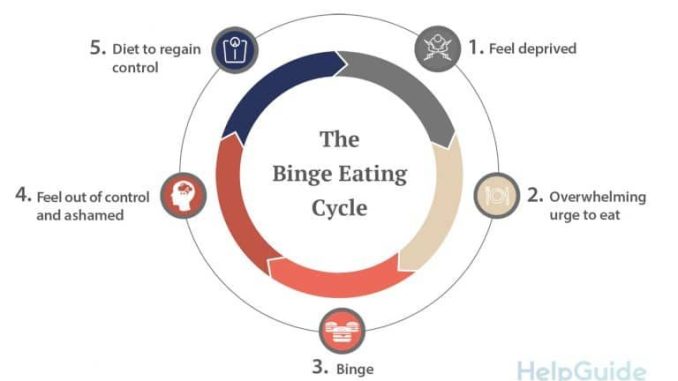
Emotional eating is a common phenomenon that can derail your efforts to eat healthily and stay on track with your fitness goals. Whether it’s stress, boredom, or sadness, many of us turn to food as a way to cope with our emotions. However, emotional eating can lead to overeating, weight gain, and feelings of guilt and shame. Fortunately, there are strategies you can use to avoid emotional eating and stay on track with your nutrition.
Identify Your Triggers
The first step in avoiding emotional eating is to identify your triggers. Pay attention to your emotions and the circumstances that lead you to turn to food for comfort. Are you stressed out from work? Bored at home? Upset about a relationship issue? By recognizing your triggers, you can begin to address the root causes of your emotional eating and find healthier ways to cope with your emotions.
Practice Mindful Eating
Mindful eating is a practice that involves paying attention to the sensory experiences of eating and being fully present during meals. By slowing down and savoring each bite, you can become more in tune with your body’s hunger and fullness cues. This can help you distinguish between physical hunger and emotional hunger, and make better choices about when and what to eat.
Find Healthy Alternatives
Instead of reaching for a bag of chips or a pint of ice cream when you’re feeling down, try to find healthier alternatives to comfort yourself. Keep a stash of nutritious snacks on hand, such as fruits, nuts, or Greek yogurt. Engage in other activities that can help lift your mood, such as going for a walk, talking to a friend, or practicing a hobby you enjoy.
Seek Support
Don’t be afraid to reach out for support when you’re struggling with emotional eating. Talk to a friend, family member, or therapist about your feelings and experiences. Join a support group or online community for individuals who are also working on overcoming emotional eating. Having a support system can provide encouragement, accountability, and new perspectives on how to cope with your emotions in a healthier way.
Practice Self-Compassion
It’s important to be kind and forgiving to yourself as you work on breaking the cycle of emotional eating. Remember that everyone struggles with their emotions and turns to unhealthy coping mechanisms from time to time. Instead of beating yourself up for slipping up, practice self-compassion and treat yourself with the same care and understanding you would offer to a loved one.
Stay Consistent
Avoiding emotional eating is not a one-time fix but a gradual process that requires practice and consistency. Keep working on implementing healthy habits and coping strategies into your daily routine. If you slip up or have a setback, don’t give up. Acknowledge the challenge, learn from it, and recommit to your goal of staying on track with your nutrition and well-being.
Conclusion
Emotional eating can be a real challenge, but with awareness, effort, and support, you can overcome it and stay on track with your health and fitness goals. By identifying your triggers, practicing mindful eating, finding healthy alternatives, seeking support, practicing self-compassion, and staying consistent, you can break free from the cycle of emotional eating and create a healthier relationship with food.
Remember, it’s okay to seek help and support when you need it. You’re not alone in this journey, and there are resources and people who can help you along the way. Stay committed to your well-being and believe in your ability to make positive changes in your life. You deserve to feel nourished, energized, and in control of your eating habits.
